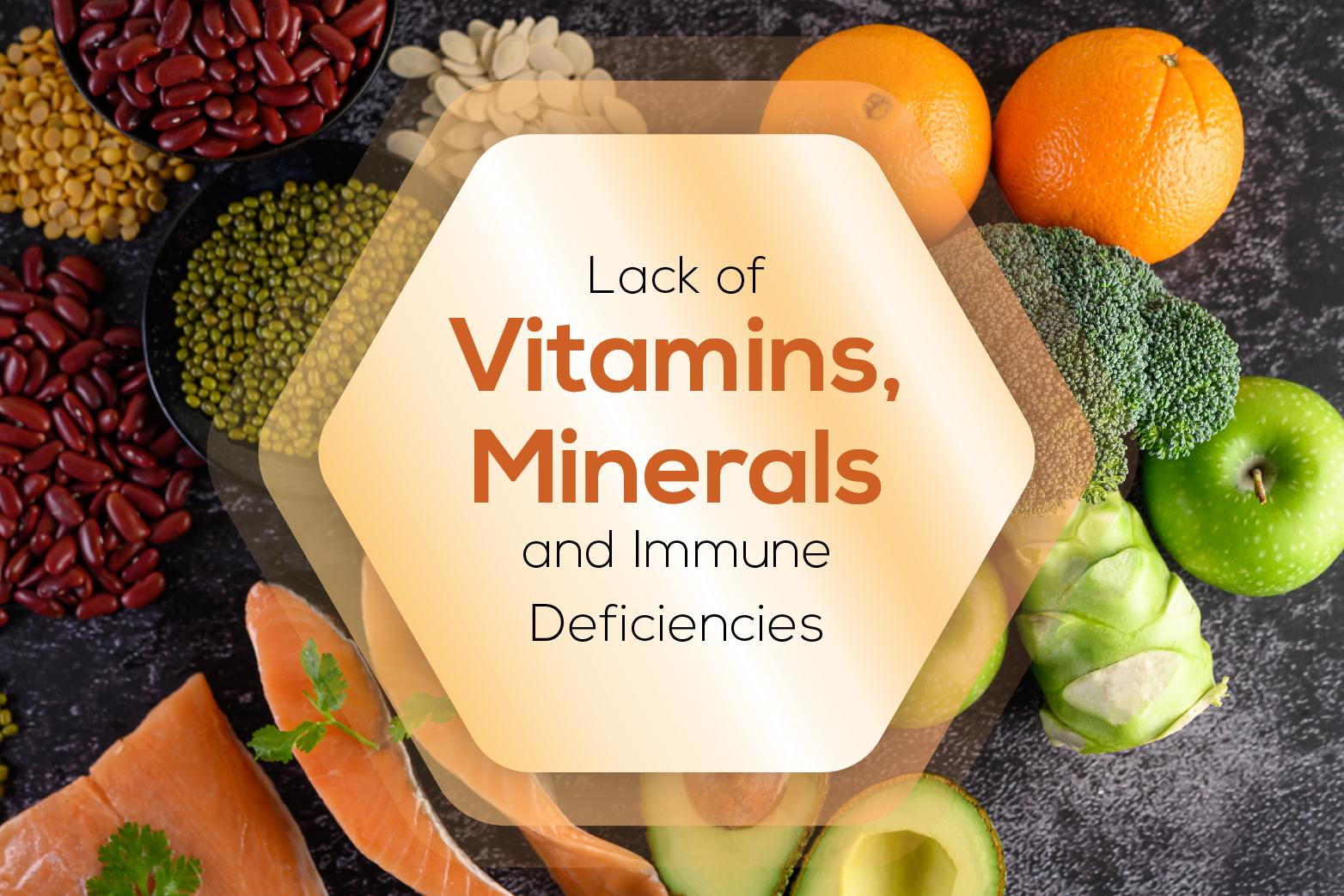
🩺 What Are the Signs That My Body Lacks Vitamins?
In our busy, fast-paced lives, nutrition often takes a backseat. Processed foods, stress, poor sleep, and even pollution can rob our bodies of essential nutrients. But how do you know if your body is silently struggling due to vitamin deficiencies?
In this blog, we’ll explore the common signs that may indicate your body lacks vitamins — and why addressing them early is key to long-term health.
🧠 1. Constant Fatigue and Low Energy
If you’re always tired, even after a good night’s sleep, your body might be low in:
- Vitamin B12 – helps in red blood cell formation and energy production.
- Iron & Folate – necessary to carry oxygen in the blood.
- Vitamin D – low levels may cause fatigue and mood swings.
🟢 Tip: Consider a blood test and include more leafy greens, eggs, and sunlight in your routine.
💅 2. Brittle Nails & Hair Fall
Cracking nails and excessive hair fall can be caused by:
- Biotin (Vitamin B7) deficiency – essential for keratin production.
- Zinc & Iron – also play a role in hair growth and strength.
- Vitamin D – supports the hair follicle cycle.
🟢 Tip: Add nuts, seeds, eggs, and whole grains to your diet.
👄 3. Cracks at the Corners of the Mouth
This uncomfortable symptom is often linked to:
- Vitamin B2 (Riboflavin)
- Vitamin B3 (Niacin)
- Iron Deficiency
🟢 Tip: Include more dairy, meat, and green vegetables.
👁️ 4. Poor Night Vision or Dry Eyes
Struggling to see in low light or experiencing dry, irritated eyes? You could be low in:
- Vitamin A – crucial for vision and eye health.
- Omega-3 fatty acids – for tear production and eye lubrication.
🟢 Tip: Add carrots, sweet potatoes, spinach, and omega-rich foods like flaxseed or fish.
🦴 5. Frequent Bone Pain or Muscle Cramps
This may be due to:
- Vitamin D – helps absorb calcium, supports bone and muscle health.
- Magnesium & Calcium – essential for muscle function.
🟢 Tip: Get 15–20 minutes of sunlight daily and consider Vitamin D-rich foods like eggs and mushrooms.
😷 6. Getting Sick Often
If you're catching colds too frequently, your immune system may be compromised due to:
- Vitamin C – powerful antioxidant that boosts immunity.
- Zinc & Vitamin D – support immune function.
🟢 Tip: Include citrus fruits, amla, kiwi, and bell peppers in your diet.
🦷 7. Bleeding Gums or Slow Wound Healing
This could mean your body lacks:
- Vitamin C – needed for collagen production and healing.
- Vitamin K – helps in blood clotting and bone health.
🟢 Tip: Add broccoli, green leafy vegetables, and berries.
🩸 8. Pale Skin or Dizziness
A pale complexion and dizziness can be signs of:
- Iron or Vitamin B12 deficiency – linked to anemia and reduced oxygen flow.
- Folate – crucial for red blood cell formation.
🟢 Tip: Try more beetroot, lentils, spinach, and animal protein if non-vegetarian.
🌿 Final Thoughts
Vitamin deficiencies often go unnoticed, but your body always gives warning signs. Instead of ignoring the signals, take a proactive approach:
✅ Eat a diverse, nutrient-rich diet
✅ Consider quality multivitamin supplements (especially if vegetarian or over 30)
✅ Get regular blood tests
✅ Consult a healthcare provider when symptoms persist
✨ Your body speaks. Are you listening?
If you're experiencing any of these signs, don't wait. A few changes today can lead to a healthier, more energetic tomorrow!